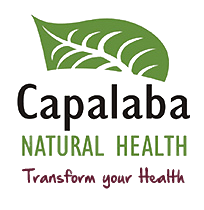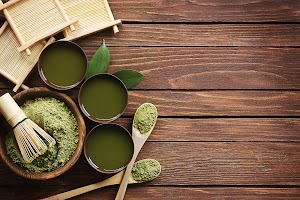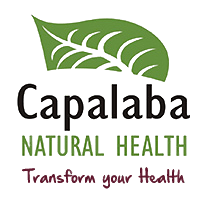What’s the difference between Dairy Intolerance and Lactose Intolerance?
Have you ever been strolling through the aisles of your local supermarket during your weekly grocery shop, heading to grab some ice cream, milk or yoghurt only to be faced with a bunch of product labels you’ve never seen before? Lactose-free, dairy-free, non-dairy – what do they all mean, what’s the difference between them all? Well that’s what we’re here to uncover.
Dairy Intolerance
To completely understand what it means to be ‘dairy-free’ or to have a dairy intolerance, it’s important to understand what dairy actually means. The term ‘dairy’ refers to milk and any part of milk that comes from cows, meaning a dairy intolerant person can’t consume milk or any products that are derived from milk such as cream, butter, sour cream, yogurt, cheese or, chocolate. It also includes products which contain traces of milk products such milk solids, casein, lactose and whey.
A dairy intolerance is when a person reacts to not just the lactose (Milk sugar) but they also react to one or more of the other components of milk such as whey or casein (Milk protein). This means that the person would still feel unwell or get symptoms if they drink lactose free milk because they are also reacting to one of the other substances present – typically casein.


Lactose Intolerance
Lactose is a sugar found in milk and milk products. To be lactose intolerant means your body is not producing an adequate amount of an enzyme called lactase which helps to digest lactose. When this happens, your body does not digest the sugar properly, causing gastric discomforts such as gas, bloating, cramps, even diarrhoea and nausea. It often creates rashes, sinus, fatigue and brain fog too. While lactose intolerance is not life-threatening, continuing to eat lactose products can have adverse effects on your health if left untreated.
Being lactose intolerant is the lessor of the two intolerances and means that you only react to the lactose (sugar) and not the other substances such as whey or casein as is the case when someone is full dairy intolerant.
Choosing Between the Two
In order to alleviate the symptoms caused by consuming dairy products, you must first determine whether you have a full dairy intolerance or just an intolerance to lactose. If you are just lactose intolerant, you may be able to simply just switch to products labelled ‘lactose-free’.
If you’re full dairy intolerant then it is important to stick to products labelled ‘dairy-free’ or even ‘vegan’. Products which are derived from non animal sources such as soy, almonds, cashews and rice are typically dairy free.
Since lactose comes from milk, a product that is dairy-free will not have lactose in it, however a product that is lactose-free is not necessarily dairy-free.
Book Your Food Intolerance Test
At Capalaba Natural Health, we are leaders in food intolerance testing in Brisbane. With a quick skin prick test, we can test the 59 most common foods that people are intolerant too and advise you which food intolerances you may have and get you on the right track to improving your well-being. While a food intolerance is rarely life-threatening, the adverse effects can alter the way you live. Our digestion is the seat of our good health and therefore improving your gut health can have enormous benefit in you maintaining good health or in treating pre-existing conditions.
Our team of naturopaths are qualified to carry out food intolerance tests and can assist with interpreting the results. To find out more click here
Call Capalaba Natural Health on (07) 3823 3103 to book a food intolerance test.
Contact Us Today
For more information why not call us today on (07) 3823 3103 or book online.


